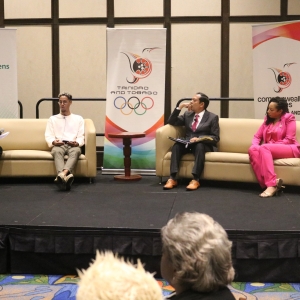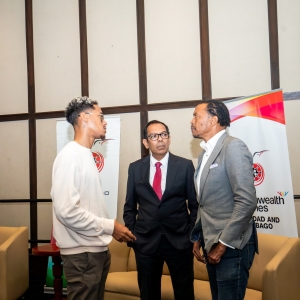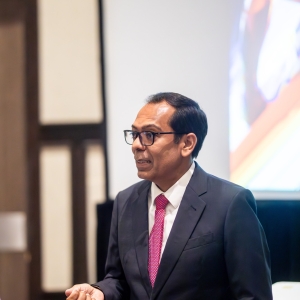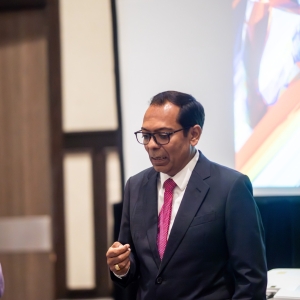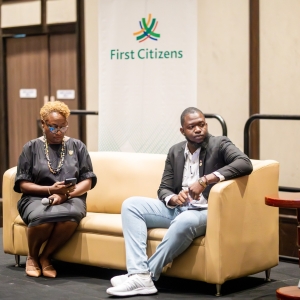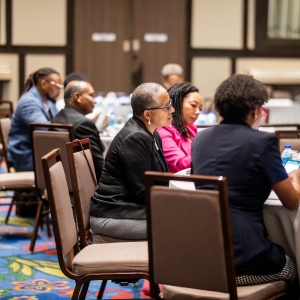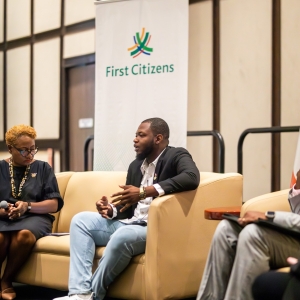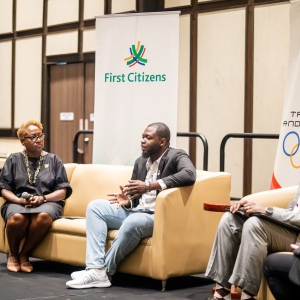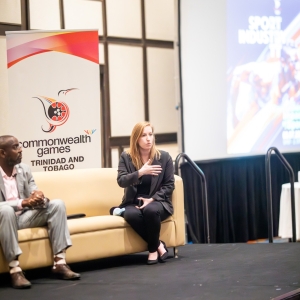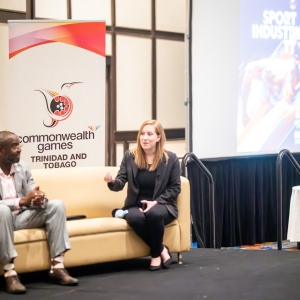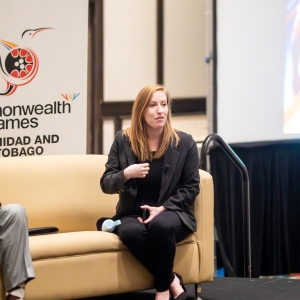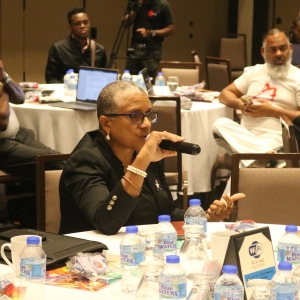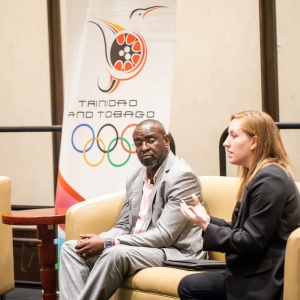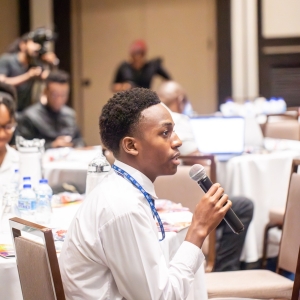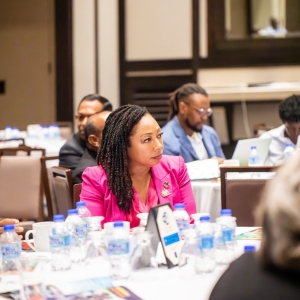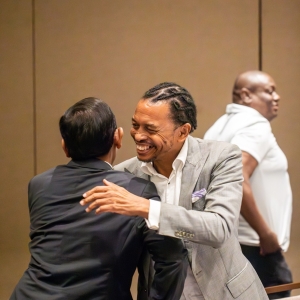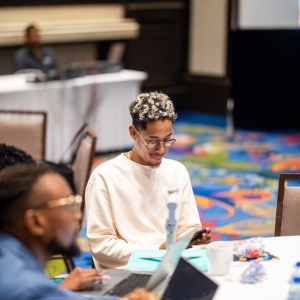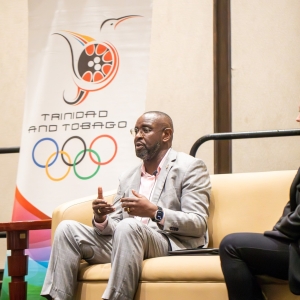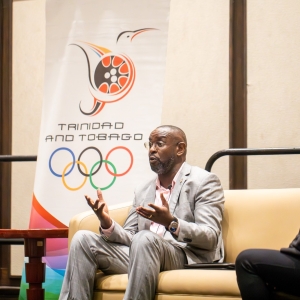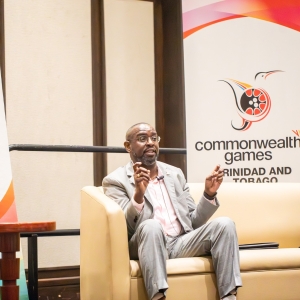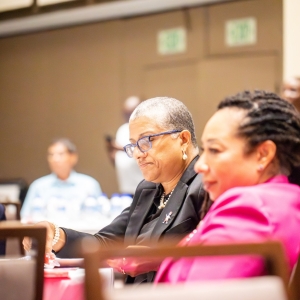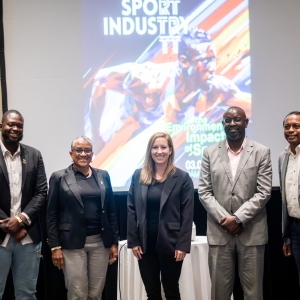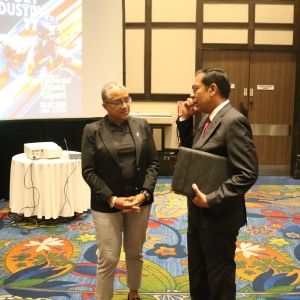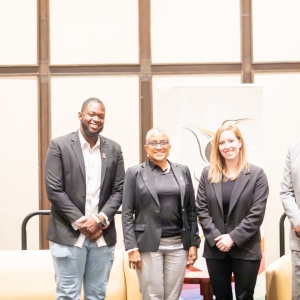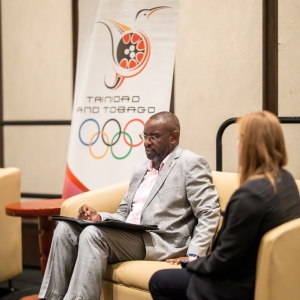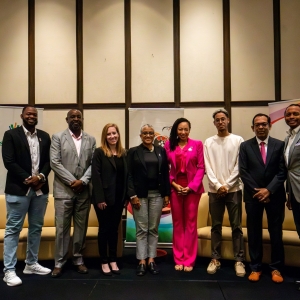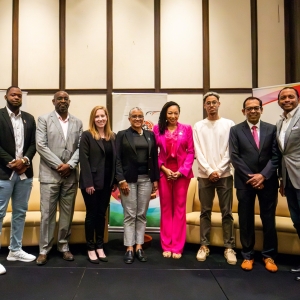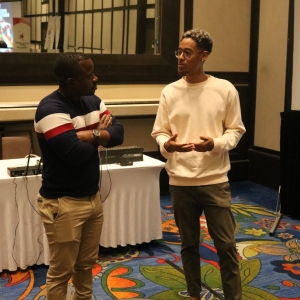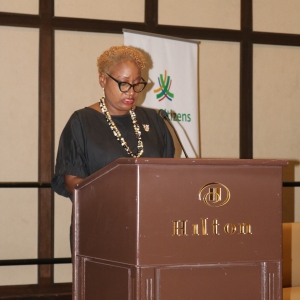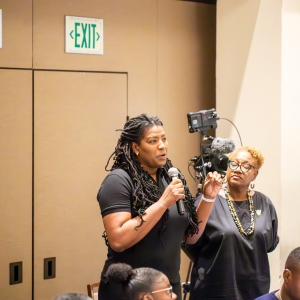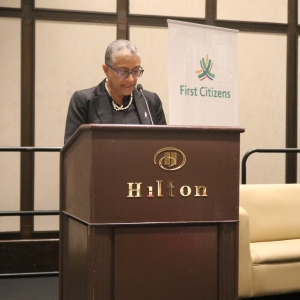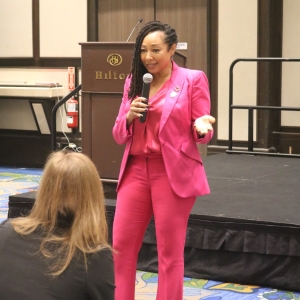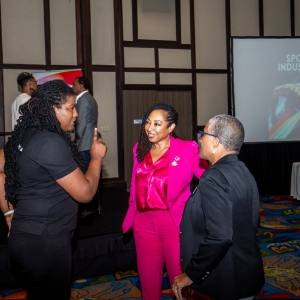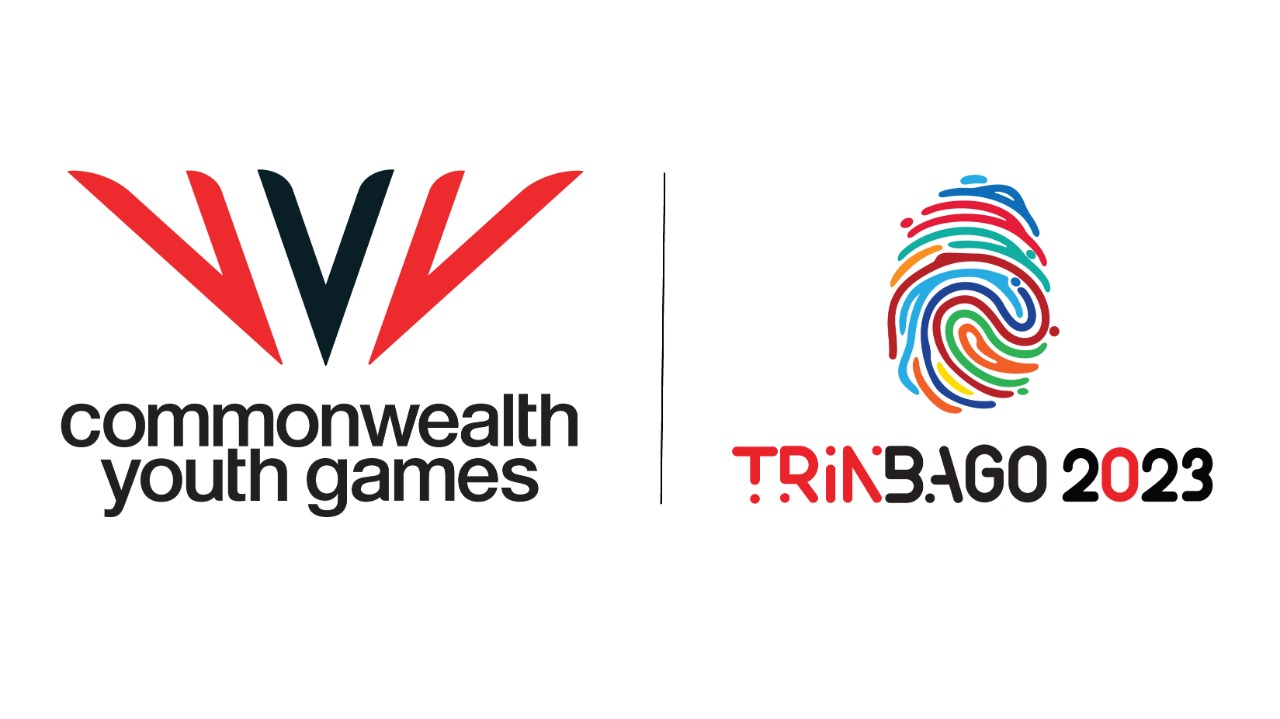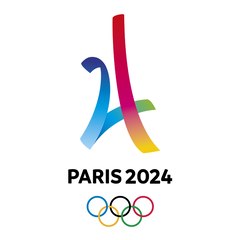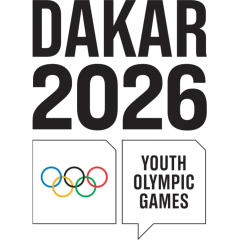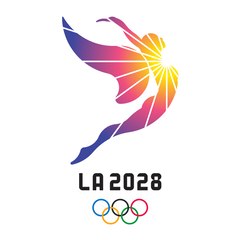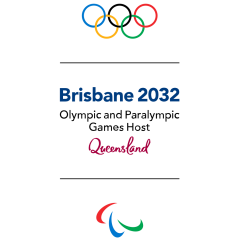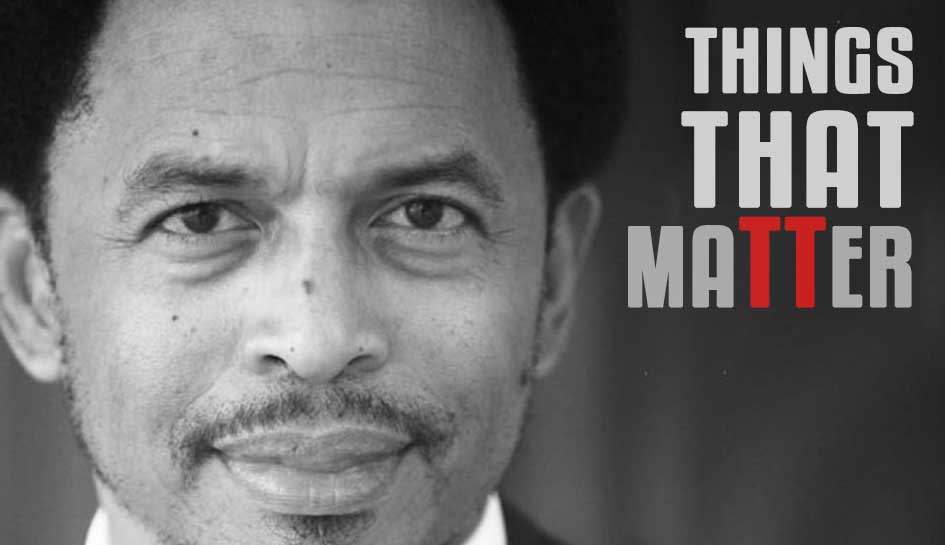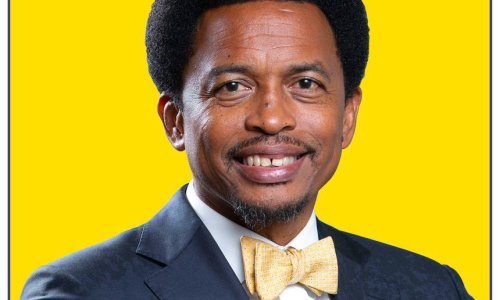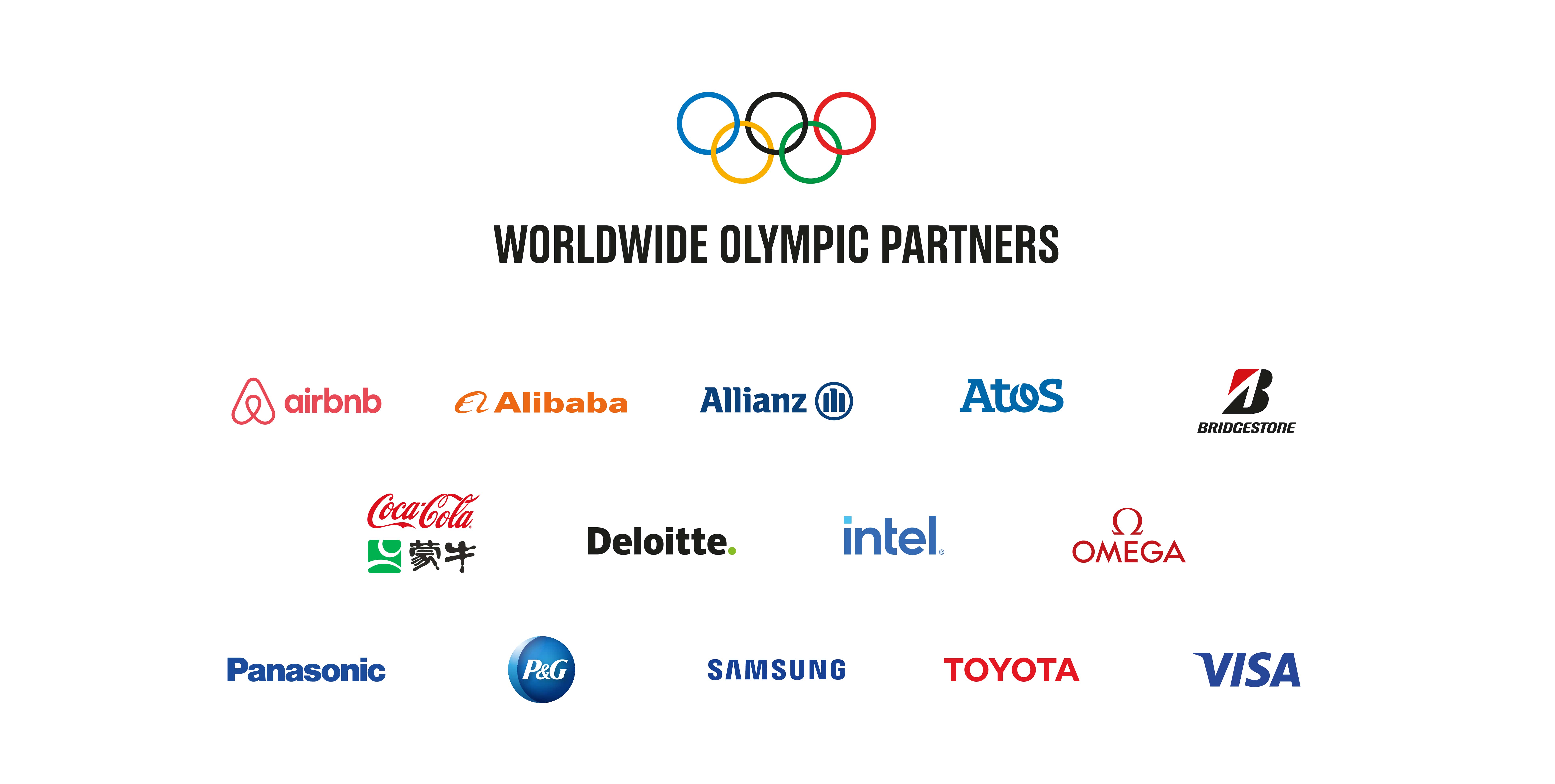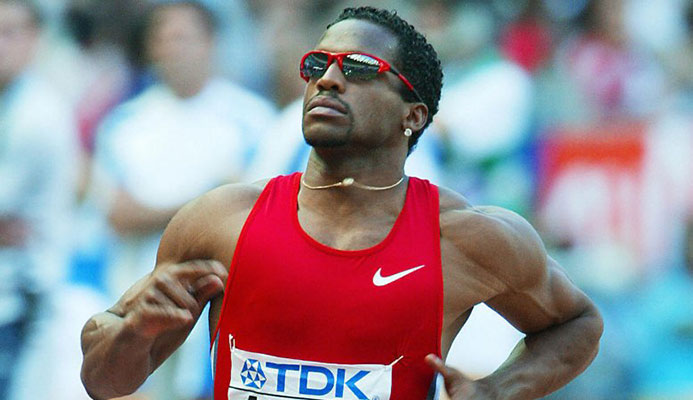One thing we all share is a desire for success -- however we chose to define "success," of course. (Your definition of success is the only one that matters.) Success, or at least the pursuit of success, transforms what would otherwise simply be hard work into something much more meaningful and fulfilling.
So how did Ato Boldon, the four-time Olympic medalist (only three other people, Usain Bolt, Frankie Fredericks, and Carl Lewis, have won as many individual sprint medals), coach, IAAF Ambassador, and track and field and NASCAR broadcast analyst (he's outstanding on TV), achieve success in such disparate pursuits?
His process comes down to two powerful pieces of advice. The first is to see the end first.
"I have always had an ability to see the end before I even start," Ato says. "I tell my athletes that all the time. See the end first. If you see the end, then the steps that it takes to get to your goal don't seem as hard, as rigorous, or as time consuming."
Ato told me a quick story to illustrate the point:
"Say I told you that you have to drive 100 miles every day. On the 10th day you would probably want to quit.
"But then what if I also told you that on the 90th day you will find the Hope diamond lying on the side of the road? Now your outlook would totally change -- on the 10th day you would be saying, 'Great! Only 80 more days to go!'
Approach it that way, and no matter how much effort you put in, it doesn't feel like work. For me, I welcomed whatever came because it didn't matter how hard I trained or if I got injured... because I truly believed that at the end of the journey I would win an Olympic medal.
"Always start at the end and work your way backward. But don't 'work your way' backwards. Start at the end totally confident in what the end of the destination will be. Then each step you take, small though it may be, will not seem nearly so hard."
Many people dream of making a living by doing what they love, but for most that dream stays a dream. Huge goals often seem too hard, or too scary, or too farfetched, because the distance between here and there looks impossibly wide. Yet if you start at the end and know you will do what it takes to get there, you'll welcome the journey -- because it will take you where you want to go.
But when you're tantalizingly close to reaching your goal -- especially if it's an incredibly challenging goal -- you might start to feel the pressure to perform. That's natural. Everyone feels pressure.
So how does Ato deal with pressure?
"I bury myself in preparation," he says. "People often say, 'Oh, you don't want to over-prepare.' There is no such thing as being over-prepared. You can only be under-prepared.
"When I started to feel nervous, my solace lie in the fact that I had done every single thing possible. Lots of people get nervous and anxious because they think, 'I should have done A or B or C.' My confidence came from how much I prepared."
So when he went into broadcasting, he used the same approach that made him a great athlete to become a great broadcaster.
"The reviews from my first Olympics were really good," Ato says, "and I realized that the things people liked about my broadcasting were things I had planned for. I had already figured out Bolt was going to crush everyone, so I subscribed to the Al Michaels and Bryant Gumbel school of sports broadcasting. I know how much those guys prepare.
"I also know how iconic 'Do You Believe in Miracles' is in this country, and I knew Bolt was going to win big in Beijing... so I wanted to be ready to say something that stood the test of time."
So he locked himself in his office for two weeks, considering every possible scenario and how he could put those scenarios into historical context. Of course he especially focused on Bolt, sure he would run the great 100 meters ever run.
"I knew once he crossed the finish line he would have to run around the turn, and I wanted the audio to go with the visual, so I came up with, 'The 100 meter dash is run in a straight line, but Usain Bolt has just turned the corner and the line starts behind him. ' I'm not smart enough to think something like that up in the five seconds after he's run. Instead I visualized the ending and then figured out how to get there."
"No one remembers the work you put in ahead of time," he says, "but accolades -- and more importantly, how you feel about your own performance -- are there forever."
See the end first. Then bury yourself in hard work and preparation.
Granted, you may not be smarter than everyone else. You may not be as talented. You may not have the same connections, the same environment, or the same education.
But you can always rely on your effort, your perseverance, and your preparation. You can always substitute effort for skill and experience, secure in the knowledge that, over time, incredible effort will absolutely result in skill and experience.
You can always, always, always work harder than everyone else. And you will work harder... if you genuinely believe that what you want is waiting at the end of your journey.

